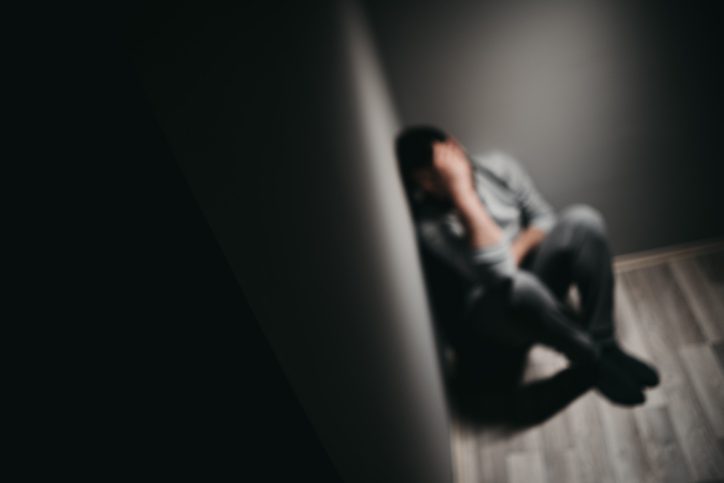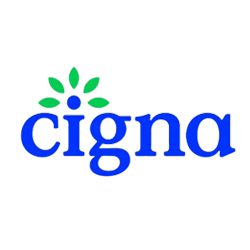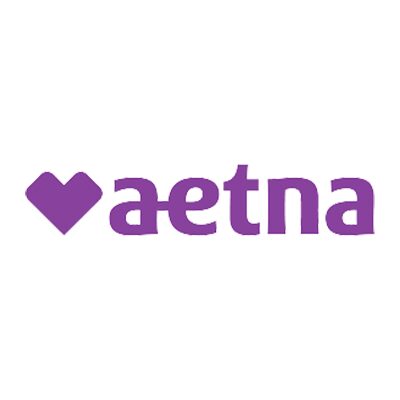Addiction is a chronic disease—one that doesn’t have a simple cure. For many people, relapse is part of the journey, not a sign of failure. That’s the honest truth about substance use disorder: it’s complex, often messy, and deeply human. But here’s something you might not expect—recovery is still possible, and it’s worth fighting for. Let’s have a real conversation about what effective addiction treatment looks like, how it works, and what hope your future can hold.
Why Do People Relapse After Addiction Treatment?
Drug and alcohol addiction treatment is a prolonged process that entails a number of treatments and therapies to provide specific care to your needs. Data from the National Institute on Drug Abuse shares that between 40 and 60% with a substance use disorder will face relapse at some point in their lives.
However, that is not uncommon for other types of chronic diseases such as asthma, hypertension, heart disease, and similar conditions. In short, there is no way to cure addiction as it is possible to cure a person from a virus. However, with proper management and effective treatment, it is possible to live a long and healthy life for most people in addiction recovery.
But why does this have to be this way?
Stress
One of the most common factors that leads to the onset of addiction relapse is stress. You cannot remove stress from your life, of course, but what you can do is reduce the impact stress has. For example, if you are under constant stress at work, that could lead to cravings for substances because your brain believes these substances will help you feel better.
Triggers
A common concern with relapse is a trigger, which is, in its own way, a type of stressor. Triggers are people, places, things, moods, or other factors that make you think about and even desire to use substances. Some common examples include:
- Going back to the location where you used to engage in substance use with your friends
- Facing trauma that you have not dealt with properly
- Being around people who encourage the use of substances
In these situations, your brain remembers that those substances created feel-good emotions, and since your brain is always wired to seek out pleasure, those experiences trigger the desire to use.
Emotional Pain
Not all triggers relate to positive experiences. Often, a person will encounter a trigger that sets off a series of negative thoughts. How could this happen to you? Why aren’t you good enough?
Emotional negatives again prompt the brain to seek something that will lead to improvement, and that may seem to be substances.
Poor Self-Care
Substance use disorders create physical havoc on your body, leading to a wide range of illnesses and implications for your health. Poor self-care makes this worse. It is essential that you maintain a healthy routine that limits this risk. During treatment, you’ll learn about creating a consistent plan to address these needs, one that will involve:
- Getting enough sleep at night
- Eating nutritious meals
- Engaging in social activities
- Hygiene and caring for your body
- Getting exercise
This helps to support your body’s natural ability to heal. It also helps support your brain’s health as you work through recovery. IN situations where any of these critical components are lacking, you may be setting yourself up for complications and an enhanced risk of relapse.
How to Prevent Relapse in Addiction Recovery
During drug and alcohol treatment with our team, we’ll work closely with you to address your specific needs and create a plan that helps you overcome both your physical and mental health complications. This happens during treatment, such as in residential care. Then, once you leave our care, you’ll have an aftercare plan that supports this process. Some components include:
- Routine therapy with your counseling team, including outpatient care, that lessens over time
- Local recovery meetings and supportive mentors to help you work through difficult situations
- Friends and family who can help you navigate difficult situations and who also receive family therapy, so they can be ready to do so
Staying in treatment long term helps you to have a reliable resource to help you continue to work on yourself and your recovery. Our team never leaves your side – we encourage you to be part of our alumni network and stay with us for as long as you can. If you need a treatment that is closer to your home, we’ll help you get into it.
How to Get Treatment Now: Don’t Let the Fear of Relapse Limit You
Relapse could happen. However, it does not have to happen in many situations, especially if you have a comprehensive treatment program in place that meets your specific needs. Treatment does not end for those with substance use disorder, but it will become less frequent as you become more confident. Let the team at Iron Bridge Recovery Center in Chester, VA, help you on the path.












